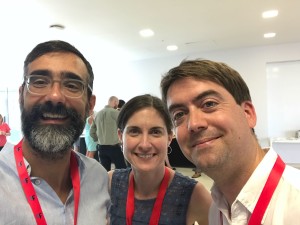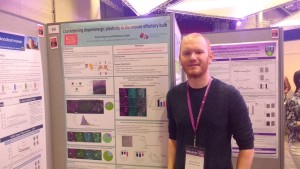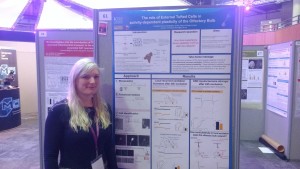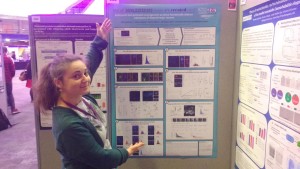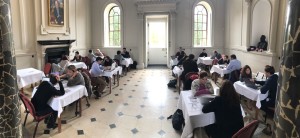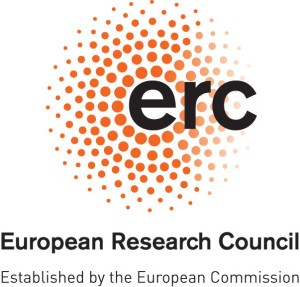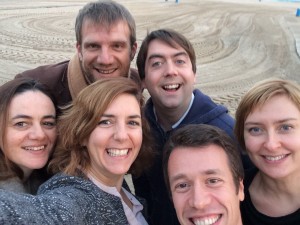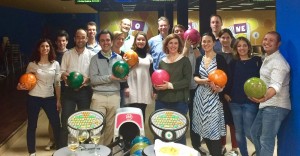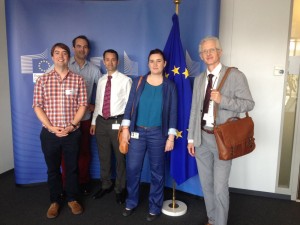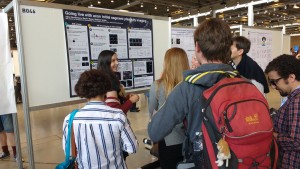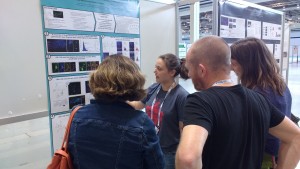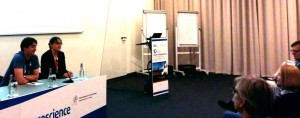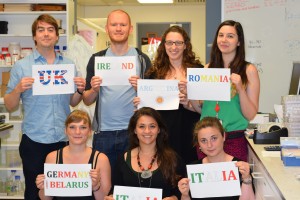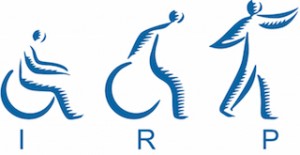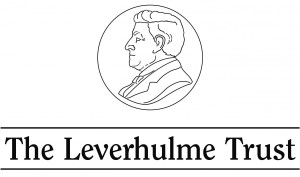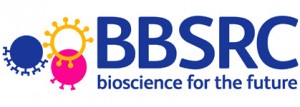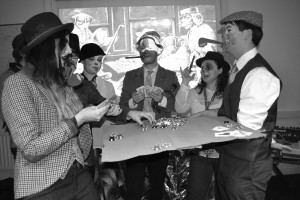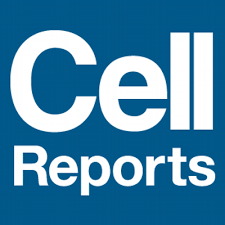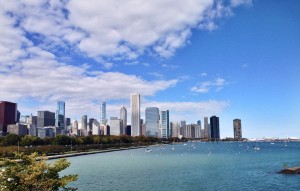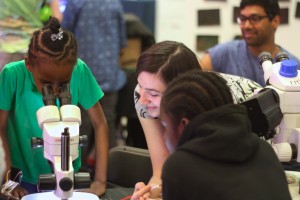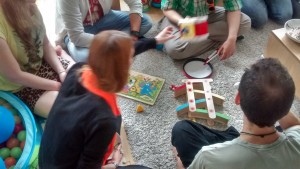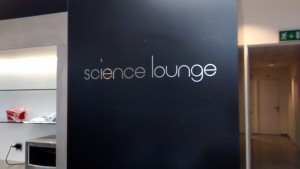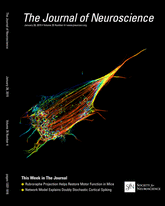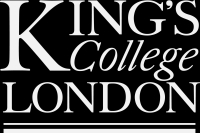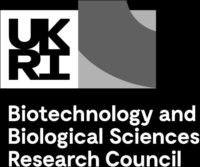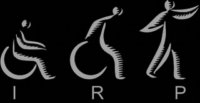Time flies, and plenty happens! Here’s what we’ve all been up to this year so far…
Our paper linking AIS plasticity to myosin-II activity is out now in EJN, and was even picked up by the journal as a Featured Paper! You can access the full text here, and get all the raw data here. And while we’re being open, it’s worth mentioning that the construct we developed and described for live-labelling the AIS is now (finally) freely available at Addgene. With Open Science being a fundamental principle for us these days, it was also great for Matt to spend two days this month contributing to an EC RISE workshop in Lisbon on “Researcher careers and the European Funding system: How to make Open Science a reality?” Hopefully some of the recommendations we came up with there will encourage more people to be open with their research.
This month also saw the start of our EU-funded Horizon2020 ERC Consolidator Grant, which means new lab members getting to work on the project, and a new 2-photon microscope for in vivo experiments – exciting stuff, and more details next time…
Lots of meeting-related action for the Grubb lab so far in 2017. Elisa, Darren and Chris all presented posters at the BNA Festival of
Neuroscience in Birmingham, where the sessions were – to be honest – underwhelming, but the balti was excellent! But that wasn’t the end of those posters, thankfully – Elisa went on to use hers to scoop the poster prize at the Young Embryologists meeting in London, while Chris & Darren both got far more useful and plentiful interactions with theirs at the KCL PhD symposia held at Guy’s Campus and Denmark Hill. In the meantime, Marcela stopped by the Festival of Genomics, went to Norwich for a Single Cell Symposium, and continued to oscillate productively between London and Exeter. And Matt’s been out and about too, getting together with fellow Scholars at the April FKNE meeting, talking at the Spring Hippocampal Conference in Sicily, and presenting to a diverse public audience at our local KCL Neuroscience Symposium.
In terms of personnel, we’ve had the usual crazy turnover: project students-wise, Asha & Grace finished their BSc projects and have now come back for a few summer weeks to contribute to new directions. Monika got some great preliminary data in her MRes rotation, before handing over the MRes baton to Rachel, who’s spent the last few months trying to get OB cells to inhibit themselves. We’ve also taken on Krishna, who’s working on birthdating of OB dopaminergic cells for his extended MSc research project. More permanently, we have a new post-doc in the lab! Menghon has come to us after finishing his PhD with James Fawcett in Cambridge, and will be working on our BBSRC grant focusing on connectivity in OB dopaminergic cells. And we also have a new Technician! Eleonora, with a fantastic background in neuronal plasticity, has recently become part of our ERC-funded team to get that project off to a flying start.
Finally, massive congratulations to Elisa! Not content with scoring a poster prize, and another prestigious FENS SfN Travel Award, she’s trumped everything by securing a Temporary Lecturer position at the University of Cambridge – amazing! Her new role, due to start in May 2018, should run for at least 10 years, and will give her the chance to establish her own independent research group in a fantastic new environment. Well done Elisa!

